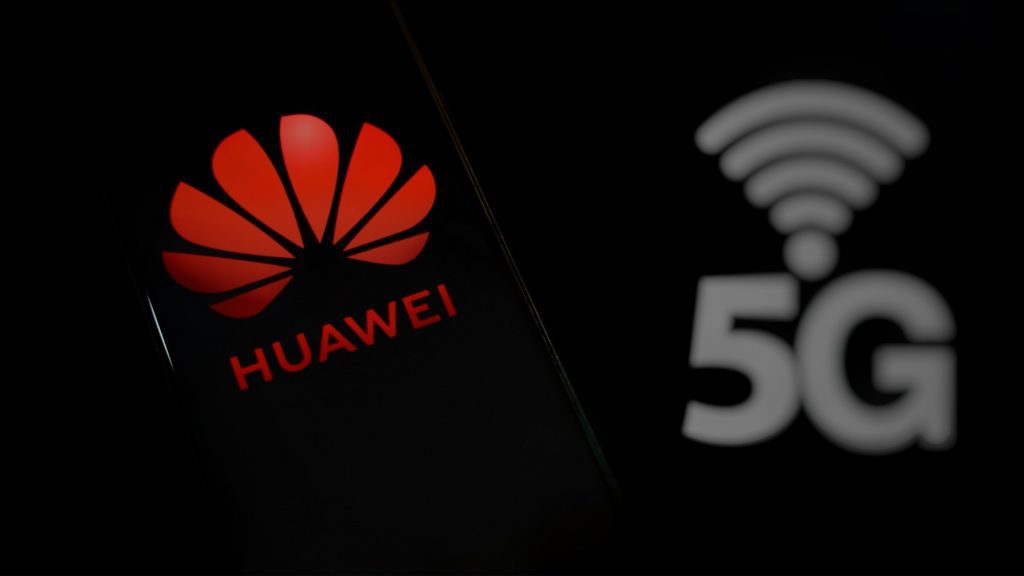
Germany is removing all Huawei equipment from its 5G infrastructure by 2029.
- Telecom operators are not happy with this agreement.
- If Europe escalates, its economy may not recover, considering how dependent it is on Chinese trade.
Over the next five years, Germany will be phasing out all Huawei 5G infrastructure, indicating that Europe might be following the U.S.’s lead in alienating China.
Throughout the last decade, the presence of Chinese companies abroad has been increasingly seen as a national security threat. Accordingly, many countries have taken measures to lessen China’s power, especially when it comes to 5G infrastructure.
Measures Thus Far
At the helm sits the U.S., with a history of rivalry with China spanning at least 75 years. However, recently, their animosity has increased, as the U.S. has forced sanctions on China and placed limitations on trading with its companies. The U.S. also pushed to diversify its trading partners rather than heavily deal with China.
Across the Atlantic, the U.K. government prevented its staff from having TikTok on their phones, ordering the removal of all Huawei equipment from its 5G infrastructure by 2027. In April of this year, the British authority announced the removal of all Chinese-made surveillance cameras from sensitive sites by 2025.
India, Australia, and Canada have joined the ever-growing list, having banned Chinese companies, like Huawei and ZTE from being part of their 5G infrastructure.
As For Europe
The EU member nations have been far laxer with their approach, with only Belgium and Denmark banning TikTok from government phones. That is not to say, however, that the EU does not have reservations toward China. As such, we are starting to see European countries taking a firmer stance on the matter.
Germany has now announced that it will be phasing out Chinese equipment from its 5G infrastructure to be done by 2029, much to telecom operators’ dismay. The timeline gives Deutsche Telekom, Vodafone, and Telefonica Deutschland more time to replace critical Huawei or ZTE parts.
“The government is acting on the basis of the national security strategy and China strategy to reduce possible security risks and dependencies,” a German Ministry of Interior spokesperson told Reuters.
A Rude Awakening
It is safe to assume that the EU member nations have started to follow in the U.S. footsteps, starting with 5G infrastructure. If they are planning on alienating China, they may not weather the storm as efficiently as the U.S., mainly due to its heavy trade ties with China.
According to its website, the Union is in a trade deficit with China when it comes to goods, meaning it is importing more in value than it is exporting. The statistics showed that “in 2023, China was the third-largest partner for EU exports of goods (8.8%) and the largest partner for EU imports of goods (20.5%).”
With that in mind, trade restrictions could disrupt major supply chains, eventually leading to shortages and production slowdowns in some sectors. Consumer prices will, in turn, skyrocket in an already difficult economy, making life harder for the citizens.
China will no doubt retaliate in one way or another, not only triggering a trade war but also straining political relations between the two.
Final Thoughts
Governments have every right to be worried about China’s presence on their soil. After all, it does have questionable national security laws that compel its companies to cooperate with its intelligence agencies, especially in areas like telecommunications and semiconductors. However, not every country can afford to take it as far and intense as the U.S. The EU’s economy may not recover if the situation escalates beyond 5G infrastructure.
Inside Telecom provides you with an extensive list of content covering all aspects of the tech industry. Keep an eye on our Telecom sections to stay informed and up-to-date with our daily articles.